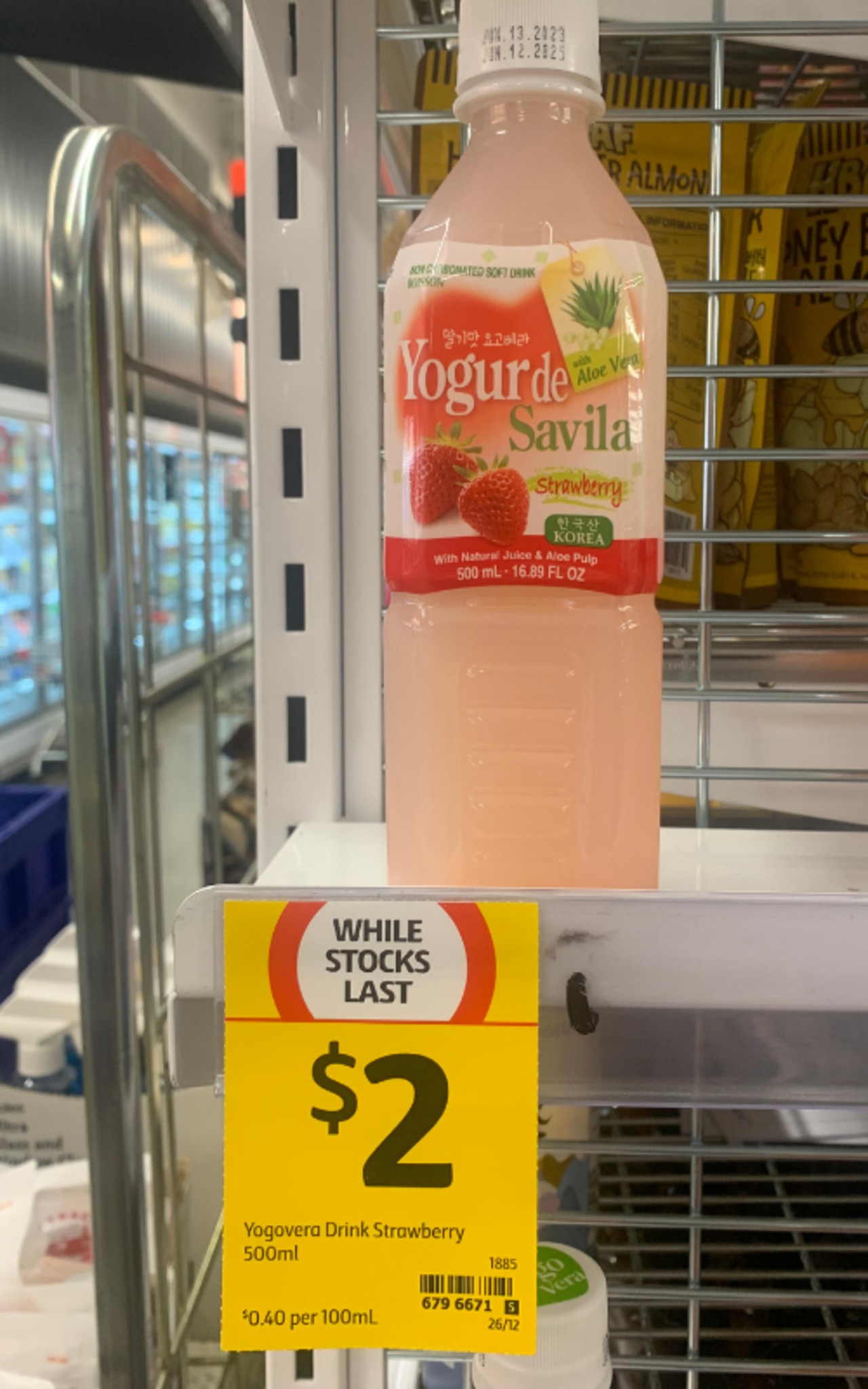Major Aussie supermarkets have been slammed over their “confusing” promotional labels, with one in four shoppers revealing they can’t tell if the prices they are seeing are a true discount or not.
Consumer group CHOICE said shoppers were sick of “feeling like they are being tricked” by major shopping chains like Woolworths, Coles and Aldi over what they said were confusing practices around labelling discounted items.
Their new research revealed one in four shoppers found it difficult to identify if the in-store labels represented a true discount or not.
More than 1000 shoppers were asked if they could tell whether a variety of price tags photographed at Woolworths, Coles and Aldi stores represented discounts on the usual price, and how easily and quickly they were able to determine whether it was a discount or not.
Rosie Thomas, CHOICE director of campaigns, said Coles’ “while stocks last” tag was the most confusing.
“A third of people believed the product was discounted – roughly another third believed it wasn’t and the remaining third were not sure,” Ms Thomas said.
“Less than half of respondents said they could quickly and easily identify if the ‘while stocks last’ label was a discount or not.
“To make things worse, even after asking Coles, CHOICE still doesn’t know if this is a discount or not.”
Aldi’s “super savers” label also confused respondents as to whether it was a genuine price drop.
Ms Thomas also took aim at Woolworths, including the price of a coconut water product that had previously dropped from $6 to $4 in 2019 and being again marked as having a “prices dropped label”.
“The countless types of labels used by the major supermarkets are clearly confusing consumers, who are struggling to determine what is and is not a genuine discount,” she said.
“This is particularly concerning considering many people are trying to make their grocery shop as affordable as possible in a cost of living crisis
“For many of the labels in our survey, less than half of the respondents could quickly and easily determine if a product was discounted or not.
“If those are the results for an online survey, people rushing to do their weekly shop in a busy supermarket will likely have even less of a chance of correctly decoding these unclear labels.
“People are sick of feeling like they are being tricked by the supermarkets each time they head in store or online.”
CHOICE has made submissions to the consumer and competition watchdog calling for stronger rules about how prices are displayed.
In a statement, Coles said special mechanisms were in place for customers to look for in store and online.
Some included the “down down” promotional campaign, which indicated prices would remain at a lower rate for up to 13 weeks.
“‘While stocks last’ tickets also offer customers the chance to buy items which are only available at Coles for a short time, and which are unlikely to be restocked once the products are sold through,” a spokeswoman said.
“Customer feedback is important to us. Our goal is to always be as clear as possible and we are taking steps to update this ticket over the coming months.”
An Aldi spokesman said their business model oriented around “saving customers money” and that they did not offer “mark ups” across their grocery range.
“Super savers” discounts relate to weekly and fortnightly offers across fresh categories.
Market conditions, commodity prices as well as competitor pricing all play a role in the chain’s pricing decisions.
A Woolworths spokeswoman said the chain worked hard to comply with Australian laws and communicate their prices clearly.
“We strive to clearly and simply sign post the ways that our customers can find value and spend less every time they shop with us,” the spokeswoman said.
More than 6000 weekly specials are offered by Woolworths each week, including dropping prices on different items through the seasons.
